It is, proclaimed Charles Wyndham in 1908, ‘an institution alien to the spirit of our nation’. The alien having long since landed, it’s easy to snicker. After all, what would English (British? — that’s another question) theatrical life be without the National? It has become crucial to the way audiences think about themselves — and imagine what they might become.
Wyndham was partisan: he was an actor-manager. But as Daniel Rosenthal’s absorbing collection of letters to and from people at the theatre makes apparent, he was not alone. He still isn’t. Bernard Shaw was scathing about a nation which happily donates ‘a huge sum of money to buy the Crystal Palace for the sake of the cup finals, but absolutely refuses to endow a national theatre’. It’s not hard to recognise the pattern: after all, today’s minister for culture is the minister for soccer. Which gets more telly time?
Rosenthal has a strong association with the National: he has written its history. That cuts two ways. Here he marshals his material with authority, making an incisive narrative sweep through 115 years, following its first promoters, William Archer and Harley Granville Barker; the early days under Laurence Olivier and Peter Hall; the subsequent artistic directorships of Richard Eyre, Trevor Nunn and Nicholas Hytner; and the Rufus Norris-led theatre of the present.
But he has no appetite for dispute, and could do with being more flavoursome in his introductory material. I counted (quickly) 131 men and 38 women in the list of ‘principal characters’. No way of knowing, of course, how many of these had white faces, but I could take a guess. In these senses, the National has been all too close to the spirit of the age, or rather to the Establishment.
Rosenthal notes this — but with passionless calm, as if he were taking minutes at a meeting. He may well argue that his job is judicious selection; that he does not want to use up space poking at wasps’ nests. But sometimes the natural ellipses of letters are less intriguing than tantalising. Paul Scofield is very firm when he writes to Olivier ending his association with the theatre: he says it is difficult to explain. Rosenthal gives no hints to what might unravel Scofield’s decision. And presumably the difficulties that caused Tessa Ross to resign after only six months heading the theatre with Norris were sorted out leaving no paper trail: she is not in the index.
Still, the stuff is rich: in disagreements, descriptions and analyses. And fantasy. There is a double bill here: what actually happened and what might have been — a shadow play. Kenneth (‘please keep those knickers off’ in Equus) Tynan invited Paul McCartney to compose music for As You Like It: McCartney turned him down, saying he didn’t ‘really like words by Shakespeare’, but suggested he ‘could write the National Theatre stomp sometime’. Can’t someone follow that up? The theatrical agent Al Parker wrote to Olivier about the same production, suggesting Danny La Rue might make a good Rosalind. And then felt obliged to explain he had been kidding. A bemused David Hare writes to Richard Eyre: ‘Did I dream it or did you ask me to run the National Theatre?’
Alongside the dreaming is precision and intensity. Peters Hall and Shaffer wrangle painfully and affectionately. There is also — this will come as a shock to those who like to use the luvvie word — argument from actors, directors and dramatists which is far more intricate than most theatre criticism. Lucy Prebble scythes apart her own play, The Effect. A young Helen Mirren rages eloquently about resources being drained away to the National from smaller, out-of-London theatres. Michael Redgrave delivers many considerate words about the tangle of comedy and tragedy in Chekhov, and the pencil as phallic symbol, in response to an audience member who had seethed all the way home to Chislehurst after an audience giggled in Uncle Vanya.
A striking correspondence centres on the technical complications involved in staging Alan Ayckbourn’s water-logged play Upstream. It is the practical detail of this exchange which is riveting: samples dispatched from the onstage water tanks to the department of microbiology at St Thomas’s Hospital revealed ‘heavy contamination’.
Elsewhere, it is turns of phrase and startling insights that grip: Noël Coward’s description of his own ‘lovely little heart-shaped face with all those pretty little jowls hanging from it’; Alan Bennett’s enigmatic suggestion that The History Boys might aptly be called ‘In the Lost Childhood of Alastair Campbell’. Meanwhile, Samuel Beckett’s conversation breathes off the page, continuous with his stage dialogue. The director Michael Rudman worries about tiring the playwright with his questions. ‘I would have got tired anyway,’ said Beckett. Letters catch thoughts and feelings on the wing. Then buff them up. As theatre should.
Got something to add? Join the discussion and comment below.
Get 10 issues for just $10
Subscribe to The Spectator Australia today for the next 10 magazine issues, plus full online access, for just $10.
You might disagree with half of it, but you’ll enjoy reading all of it. Try your first month for free, then just $2 a week for the remainder of your first year.

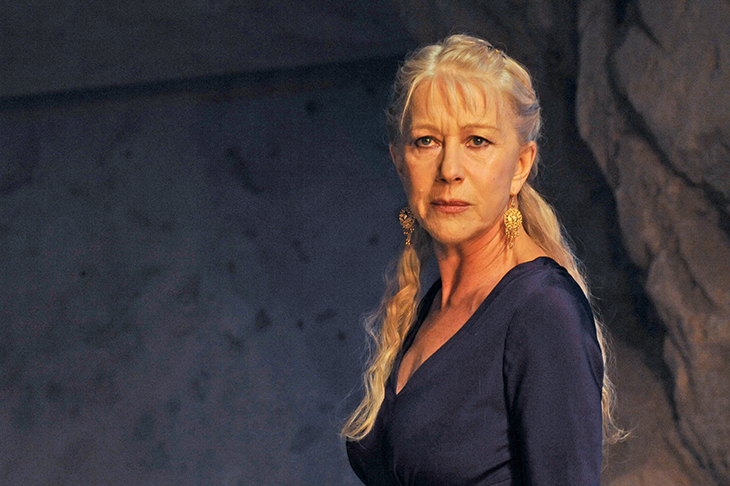
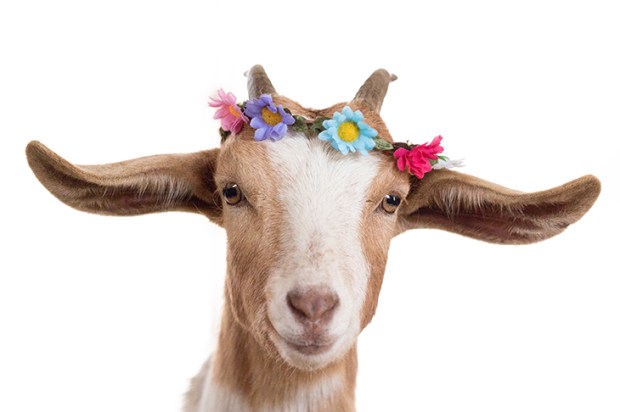
![The China-Russia East Route pipeline under construction in 2017. At 3,968 km in length, it is designed to carry 38 billion cubic metres of natural gas from Russia’s Far East to Shanghai. [Getty]](https://www.spectator.com.au/wp-content/uploads/2018/11/Pipeline.jpg?w=620)
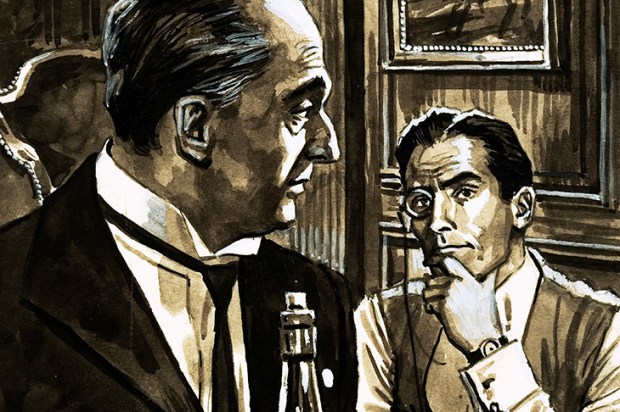
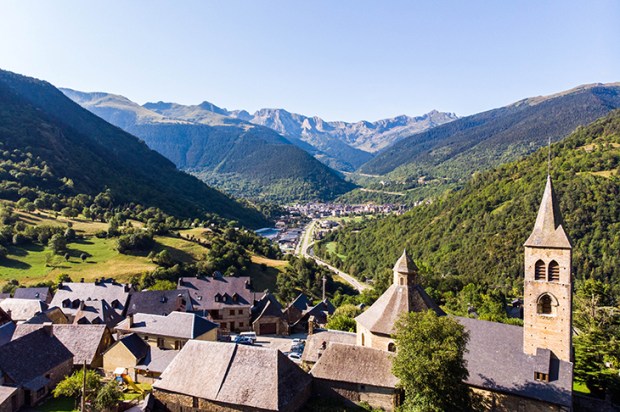
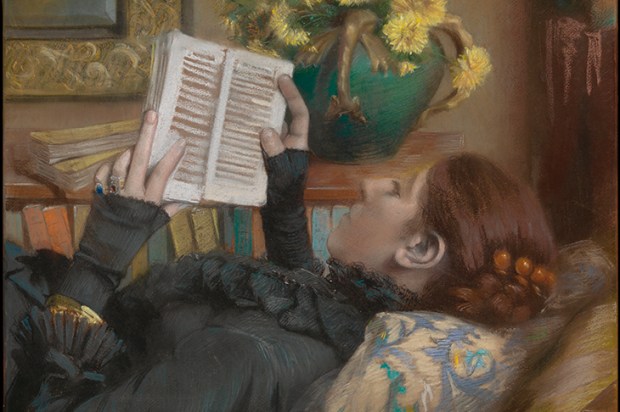
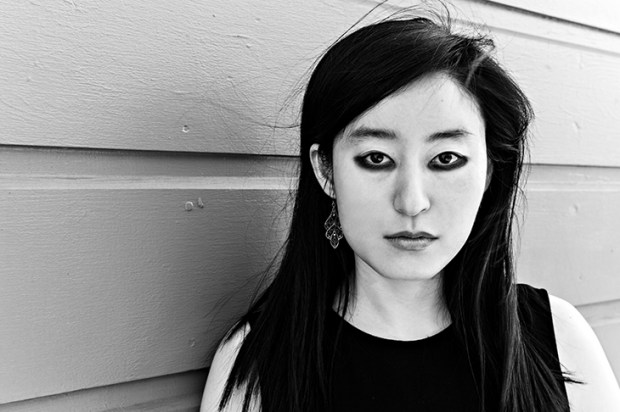






Comments
Don't miss out
Join the conversation with other Spectator Australia readers. Subscribe to leave a comment.
SUBSCRIBEAlready a subscriber? Log in